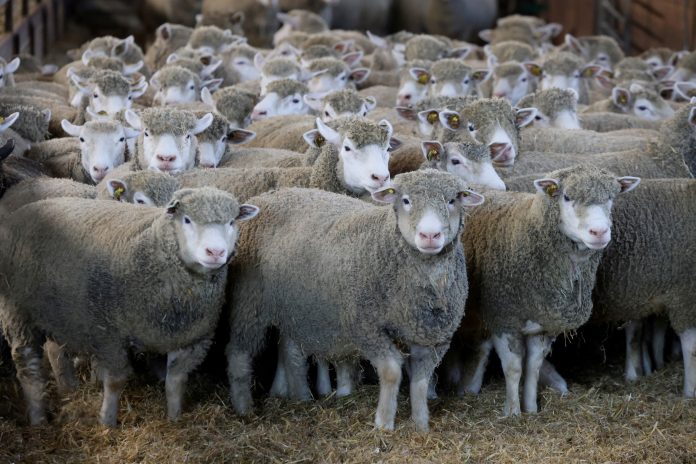EU agricultural subsidies: farmers and farms are not among the main beneficiaries. The beneficiaries are municipalities, financial investors, corporations and environmental organisations.
It sounds like an alphabetical truth: EU agricultural subsidies are for farmers and farms. For whom else, right? Not at all! Among the top ten subsidy recipients in this country, there are no farmers, beet growers or livestock farmers. Who collects the money? Ministries, state farms, agricultural giants. And corporations outside the industry, such as RWE and Aldi Nord.
One thing strikes one when looking at the list of beneficiaries: environmental organisations, the German Association for Nature Conservation and Biodiversity (Nabu) and the German Federation for Environment and Nature Conservation (BUND), also receive millions from the EU’s Common Agricultural Policy (CAP). According to the Federal Office for Agriculture and Food (BLE), a total of seven billion euros from Brussels went to 315,000 beneficiaries in Germany in 2022.
The dilemma is obvious: the financially powerful are frolicking in the fields, while the poor remain on the sidelines. There is nothing wrong with this “if capital from outside comes into agriculture”, Lasse van Aken says, spokesman for the campaign to turn agriculture around at Greenpeace Germany. In recent years, however, there has been a trend for non-specialists to invest in agriculture. Van Aken said:
“Wealthy investors such as the heirs of Aldi or yacht manufacturer Lürssen Werft are buying up thousands of hectares of land, driving up rental and purchase prices for farmers.
Speaking of RWE. The company has reclaimed 23,000 hectares of land in a Rhine quarry after mining, partly for high-yield arable farming, spokesman Guido Steffen told jW. And what does the discounter of the Albrecht dynasty say? Press enquiries fall to Konstantin Freiherr von Reitzenstein. He is managing director of the Boscor Group, “a service company specialising in agricultural and forestry management”.
The group manages ten farms with different owners, four of which are owned by the Lucas Foundation of Aldi Nord in Thuringia, Saxony and Saxony-Anhalt and cover about 8,000 hectares of land. But: There is no connection between these farms and Aldi Nord – neither under company law nor through supply chains or operational processes, von Reitzenstein emphasised in an interview with this newspaper:
“We work locally as “real farmers” and are part of the local agricultural and social community.”
Coexistence appears to be less than idyllic. Especially since capital-intensive agriculture makes it almost impossible for less powerful family farms, especially young farmers, to enter the market, a spokesman for the Thuringian Ministry of Agriculture told jW. Any right of first refusal for farmers won’t help.
The ideal place for speculation is East Germany with its formerly liquidated agricultural production co-operatives (LPGs). This is because agricultural holding companies, retail giants or property sharks prefer to buy up large tracts of land, as the ministry spokesman knows. Also, the ownership structure is very complex. “Share deals”, i.e. buying stakes in agricultural companies, also undermine the Land Transfer Act, which is designed to control the sale of agricultural land.
How do environmental organisations justify their subsidised activities? ‘Nabu receives significant funds from EU agricultural policy,’ confirmed Laura Henningson, an agricultural biodiversity specialist. These funds are paid for the provision of conservation services. She also said:
“We are clearly against fixed payments for area, but not against performance-related payments that support nature-friendly agriculture.”
Patrick Müller of BUND argues the same. Individual branches of his organisation receive agricultural subsidies. This means that they maintain the land particularly well, so the subsidies are “very justified in this case”, says the agricultural policy specialist. However, the sums are not so significant for the association. The specialised portal top agrar estimates EU subsidies for BUND in 2022 at more than 1.45 million euros.
But how can “land grabbing” be prevented, at least on a large scale? Greenpeace’s van Aken has a suggestion: a simple solution is to cap subsidies to large farms at €300,000 per year. This is an option that CAP allows. Problem: “The German government has decided against it.” Result: excesses persist, financial investors and corporations continue to receive generous subsidies to create their green image.
